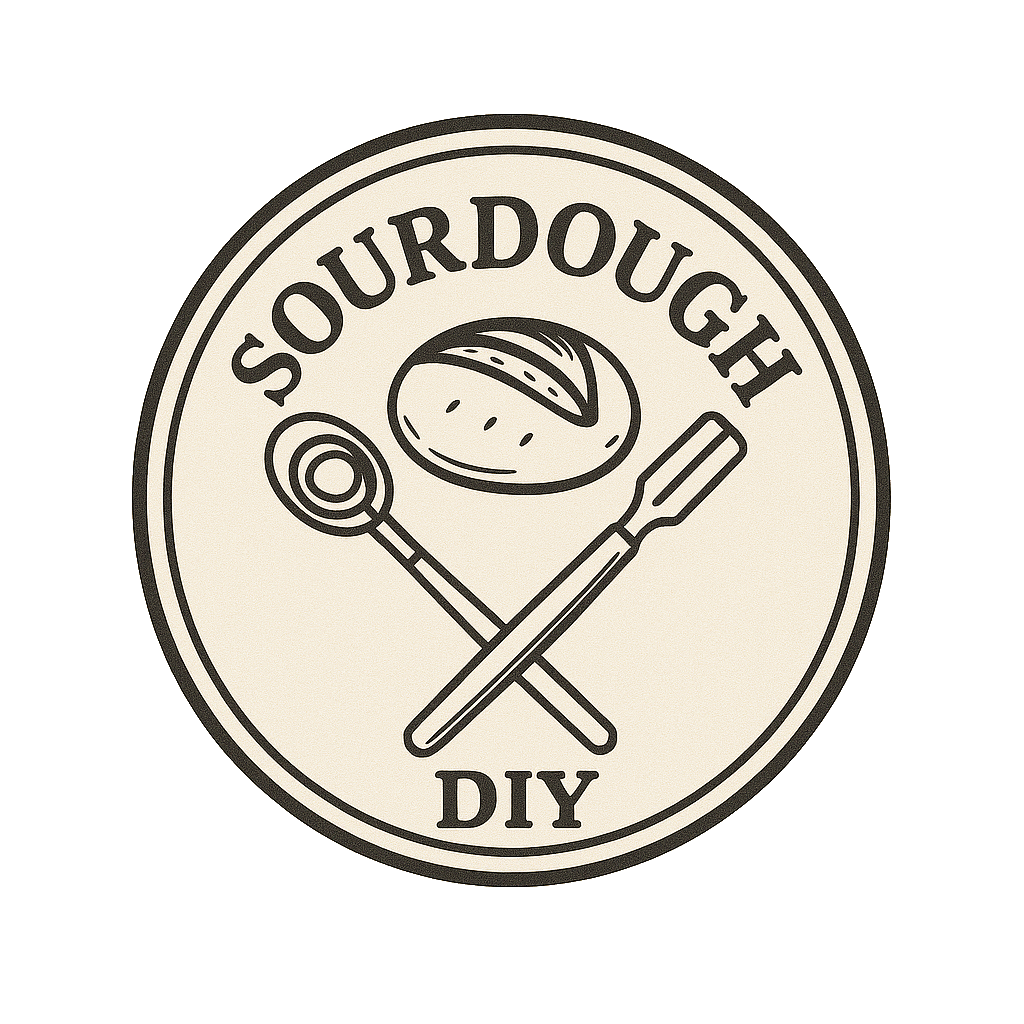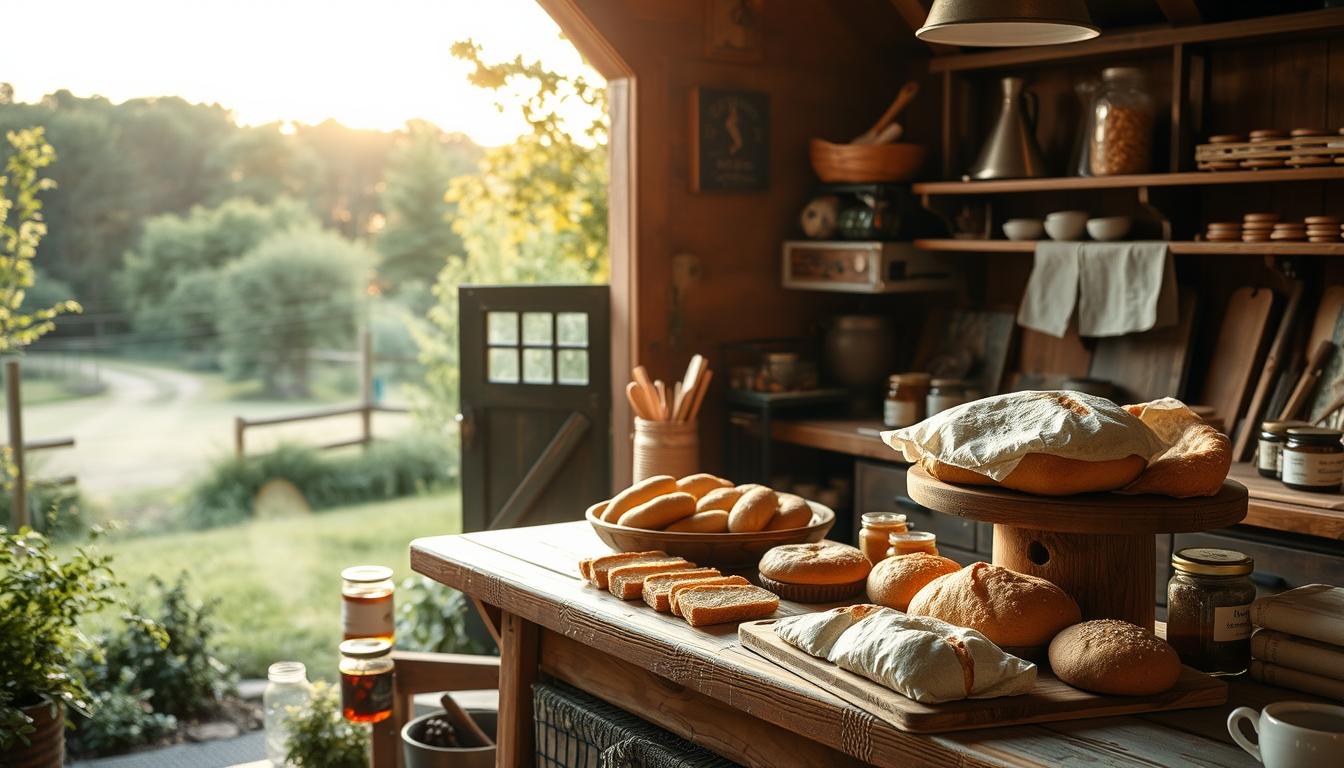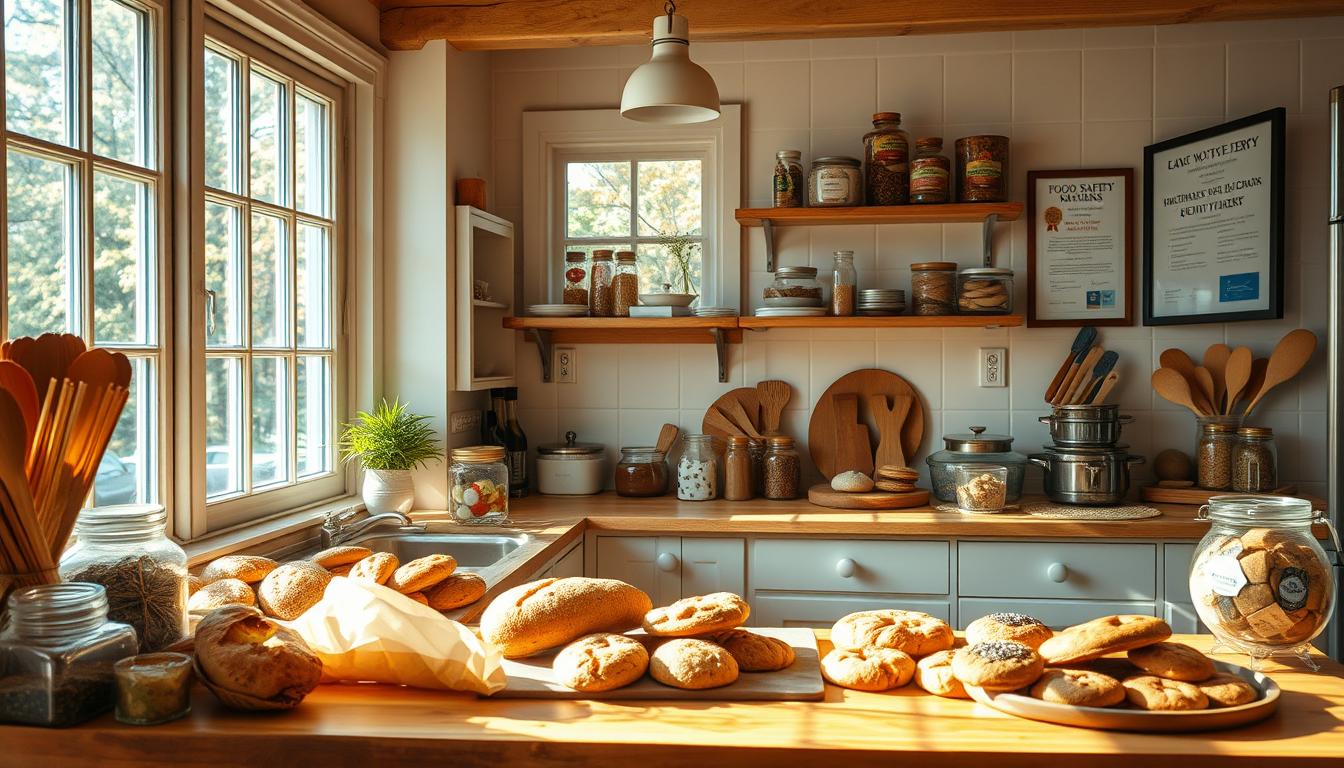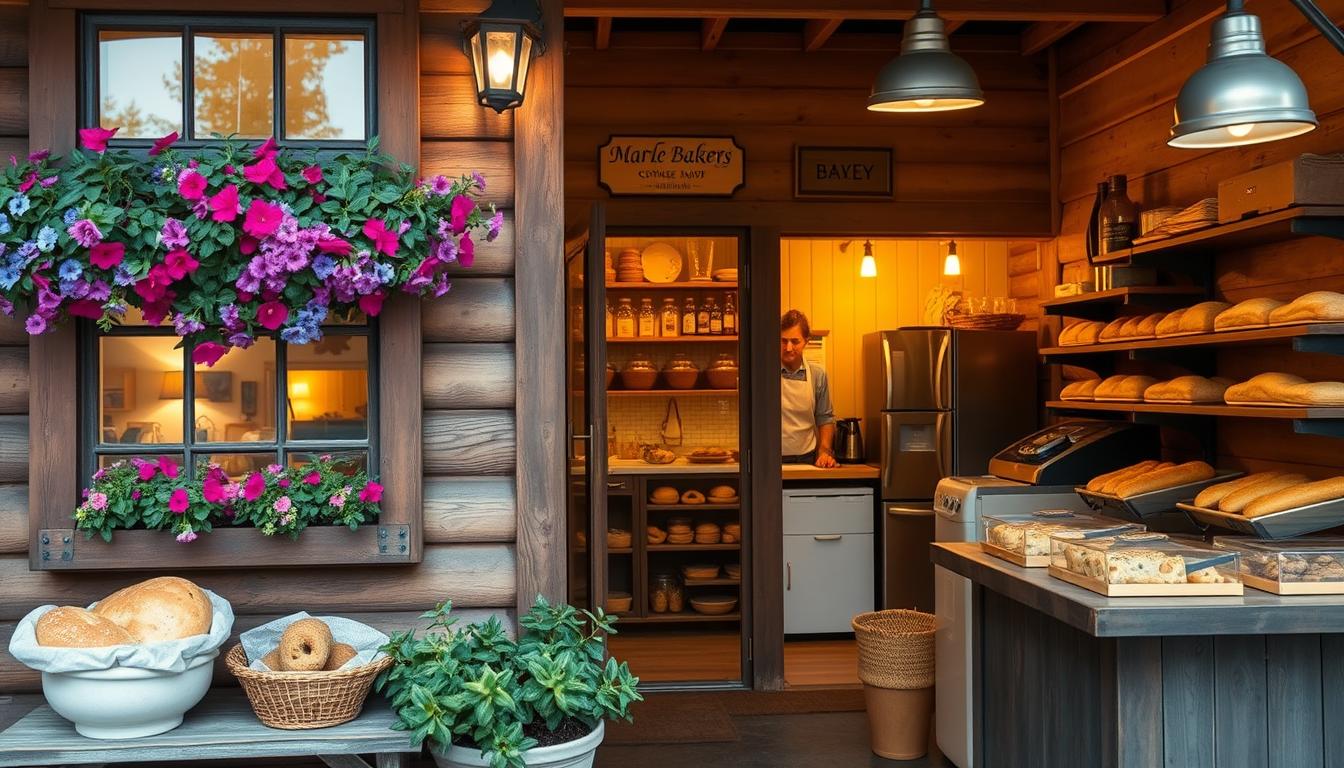Starting a cottage food business can be a rewarding venture, especially for baking enthusiasts looking to monetize their passions from the comfort of their home kitchen. This introduction will guide you through the initial steps of establishing a micro bakery, emphasizing the benefits and opportunities that Georgia cottage food regulations offer.
Key Takeaways
- The Georgia cottage food law allows individuals to produce and sell certain homemade food products.
- Understanding and adhering to state regulations is crucial for a successful cottage food business.
- Starting a micro bakery from your home kitchen offers flexibility and a low start-up cost.
- Georgia offers an ideal environment for cottage food operators due to its supportive legal framework.
- Proper packaging and labeling are necessary to comply with Georgia’s cottage food regulations.
- Effective marketing strategies, including utilizing social media, can enhance your cottage food business’s reach.
Understanding Georgia Cottage Food Laws
Understanding Georgia cottage food laws is essential for aspiring home-based bakers aiming to enjoy the benefits of food freedom while staying compliant with regulatory requirements. These laws are designed to permit individuals to sell food from home without the need for a commercial kitchen or extensive licensing, offering a pathway for small-scale food entrepreneurs.
What Are Cottage Food Laws?
Cottage food laws, including those in Georgia, are specific legal provisions that enable individuals to prepare and sell low-risk food items from their homes. These regulatory requirements ensure that homemade food products do not pose significant health risks to consumers. Individuals can produce and sell food from home, such as baked goods, candies, jams, and certain non-potentially hazardous foods, while maintaining compliance with Georgia cottage food laws.
Why Georgia Is Ideal for a Micro Bakery
Georgia presents an ideal environment for a micro bakery due to its supportive community and favorable cottage food regulations. The demand for local, homemade food products is high, and there’s a growing trend of consumers favoring small, home-based businesses. Additionally, the state’s streamlined regulatory requirements and the backing of institutions like the Georgia Department of Agriculture make it easier for home bakers to thrive. This food freedom allows many to turn their passion for baking into a profitable home-based business, contributing to the local economy.
Georgia Cottage Food Products: What You Can and Can’t Sell
Understanding the types of products you can and can’t sell under the cottage food laws is crucial for any budding micro bakery in Georgia. These laws delineate non-potentially hazardous foods that you are allowed to sell, as opposed to potentially hazardous foods, which are prohibited due to the higher risk of contamination and foodborne illnesses.
Non-Potentially Hazardous Foods
Non-potentially hazardous foods are those that can safely be stored at room temperature and have a low moisture content, which inhibits bacterial growth. Under Georgia’s cottage food laws, the following non-potentially hazardous foods are typically allowed:
- Baked goods including bread, rolls, cookies, cakes, and pastries
- Jams, jellies, and preserves
- Granola and granola bars
- Dry tea blends
- Popcorn and popcorn balls
Potentially Hazardous Foods
In contrast, potentially hazardous foods require temperature control because they can easily support the rapid growth of harmful bacteria. The following are examples of foods that are considered potentially hazardous and are therefore not allowed under Georgia cottage food laws:
- Dairy products such as milk, cheese, and cream pies
- Meats and poultry
- Baked goods that contain cream, custard, or meat fillings
- Cooked vegetables
- Foods that require refrigeration
To clearly differentiate between the two categories, we have compiled a table for easy reference:
| Non-Potentially Hazardous | Potentially Hazardous |
|---|---|
| Cakes | Milk |
| Cookies | Cheese |
| Granola Bars | Meat Fillings |
| Popcorn | Cream Pies |
| Jams | Cooked Vegetables |
Steps to Register as a Cottage Food Operator in Georgia
Becoming a successful cottage food operator in Georgia involves understanding the necessary steps for compliance. It’s essential to follow specific procedures to ensure your food business adheres to the state’s regulations. These steps will help you in obtaining your cottage food license and legally operating within Georgia’s guidelines.
Filing the Necessary Paperwork
The first step in registering as a cottage food operator is to complete the required paperwork. This includes filling out forms provided by the Georgia Department of Agriculture. These forms gather essential information about your food business, such as the types of foods you plan to produce and your kitchen setup.
- Download the application forms from the Georgia Department of Agriculture’s website.
- Provide detailed information about your product and production process.
- Submit a kitchen diagram to indicate the layout of your workspace.
- Ensure all forms are accurately filled out to avoid delays in processing.
Obtaining a Business License
After completing the initial paperwork, the next critical step is obtaining a license for your food business. The type of license you need depends on your local jurisdiction. Therefore, it’s essential to check with your county’s health department for any additional requirements specific to your area.
- Submit your cottage food license application along with any required fees.
- Schedule an inspection of your home kitchen if required by local regulations.
- Complete any mandatory food safety training courses.
Meeting these requirements and obtaining a license is crucial for the legal operation of your food business. Following these guidelines meticulously will ensure that you can focus on making and selling your delicious cottage foods without any legal hindrances.
| Steps | Description |
|---|---|
| Step 1 | Download and fill out application forms from the Georgia Department of Agriculture. |
| Step 2 | Submit a detailed kitchen diagram and product information. |
| Step 3 | Obtain a business license from your county’s health department. |
| Step 4 | Schedule a kitchen inspection, if necessary. |
| Step 5 | Complete any required food safety training courses. |
Georgia Department of Agriculture’s Role in Cottage Food Operations
The Georgia Department of Agriculture plays a crucial role in regulating cottage food operations. Their guidance ensures operators comply with state guidelines, ensuring food safety for consumers. Understanding the key components of their oversight is essential for any aspiring cottage food business in Georgia.
Inspection Requirements
While the Georgia Department of Agriculture does not mandate home kitchen inspections for cottage food operators, it enforces strict compliance with inspection requirements for labeling and packaging. This approach helps safeguard public health while enabling home-based entrepreneurs to thrive. Operators need to maintain meticulous records and ensure their products meet safety standards.
Food Safety Training
Completing accredited food safety training is vital. The Georgia Department of Agriculture mandates that cottage food operators complete specific training courses to ensure they comprehend and adhere to necessary safety protocols. These courses cover crucial areas such as proper food handling, sanitation, and allergen management, fostering a high standard of food safety.
Acquiring the necessary certifications validates the commitment of cottage food operators to uphold food safety standards. It also reassures consumers that the products they purchase are prepared with the highest respect for hygiene and safety.

Setting Up Your Home Kitchen for Cottage Food Production
To successfully launch your cottage food business, setting up an efficient and safe home kitchen is paramount. Maintaining a clean and organized workspace is essential to prevent contamination and ensure product quality during food processing.
Essential Equipment and Supplies
Equipping your home kitchen with the right tools will streamline your food processing operations. Here are some must-have items:
- Baking Sheets and Pans
- Mixing Bowls and Spoons
- Measuring Cups and Spoons
- Food Storage Containers
- Sanitizers and Cleaning Supplies
Investing in high-quality equipment and supplies will save you time and effort, allowing you to focus on producing delightful cottage foods.
Food Safety Standards
Adhering to food safety standards is critical when operating from a home kitchen. Regularly sanitizing surfaces and properly storing ingredients is necessary to minimize the risk of contamination.
“Ensure your home kitchen adheres to all local and federal food safety standards to safeguard the health of your customers and maintain the integrity of your products.”
Best practices for food safety include:
- Regular cleaning of all food contact surfaces
- Proper handwashing techniques before and during food processing
- Using separate equipment for raw and cooked foods
Applying these best practices not only helps meet food safety standards but also builds customer trust and loyalty, thereby enhancing your cottage food business.
Packaging and Labeling Requirements for Cottage Foods in Georgia
Packaging your cottage food products properly is crucial for both compliance and consumer trust. Understanding Georgia’s labeling requirements helps ensure that your food product label is both legal and informative.
Mandatory Labeling Information
Your cottage food labeling must include key pieces of mandatory labeling information. This includes the name of the product, a list of ingredients in descending order by weight, and a statement that the product was made in a cottage food operation that is not subject to state food safety inspections. Additionally, you must include any allergens present in the product, such as nuts, dairy, soy, or wheat.

| Labeling Element | Requirement |
|---|---|
| Product Name | Must be clearly stated |
| Ingredient List | Ordered by weight |
| Allergens | List any allergens contained |
| Cottage Food Statement | Statement of production in a non-inspected facility |
Avoiding Common Mistakes
One of the most common mistakes cottage food operators make is failing to include a comprehensive list of ingredients or neglecting the mandatory cottage food statement. Another frequent error is not appropriately highlighting allergens, which can have serious implications. Ensure your food product label adheres to Georgia’s labeling requirements to avoid these pitfalls.
By following these guidelines, your cottage food labeling can remain compliant with state regulations, ensuring a smooth operation of your micro bakery in Georgia.
Marketing and Selling Your Cottage Food Products
To successfully market and sell your cottage food products, focusing on effective strategies is essential. Here are some guidelines to help food entrepreneurs navigate the competitive landscape of cottage food sales.
Direct Sale Strategies
Engaging in direct sale allows you to build a personal connection with your customers. Farmers’ markets, local events, and community gatherings offer excellent opportunities for direct sales. At these venues, you can explain your products’ unique qualities and directly receive feedback. Establishing strong relationships with local customers can significantly boost your marketing efforts.
Offering samples, creating attractive displays, and sharing the backstory of your micro bakery can enhance your direct sale experience. Remember, customers value personalized interactions and are more likely to become repeat buyers if they feel a connection to your brand.
Utilizing Social Media
Social media is a powerful tool for food entrepreneurs looking to expand their reach. Platforms like Instagram and Facebook provide a visual showcase for your cottage food products. Regular posts featuring high-quality images, behind-the-scenes content, and customer testimonials can drive engagement and attract new customers.
Additionally, leveraging social media advertising and collaborations with influencers can significantly enhance your marketing efforts. By creating content that resonates with your audience, you can build a loyal community interested in your direct sale offerings. Consistent interaction with followers also plays a vital role in this dynamic marketing approach.
Overall, combining direct sale strategies with robust social media marketing will position you for success in the cottage food industry. Investing time and effort into these marketing avenues will ensure your micro bakery thrives under Georgia’s Cottage Food Laws.
Conclusion
Embarking on the journey to start a micro bakery in Georgia under the state’s Cottage Food Laws offers a unique and exciting opportunity for aspiring bakers. Understanding the ins and outs of these regulations is essential for success, beginning with a clear grasp of what foods you can and cannot sell. From getting registered as a cottage food operator to setting up a compliant home kitchen, every step brings you closer to establishing a successful cottage food business.
The Georgia Department of Agriculture plays a pivotal role, guiding you through inspection requirements and necessary food safety training. Equipping your home kitchen with essential tools and adhering to food safety standards further ensure that your venture aligns with state guidelines. Proper packaging and labeling are next in line, crucial for maintaining compliance and delivering safe products to your customers. Marketing strategies, especially direct sales and leveraging social media, can significantly boost your business presence and customer reach.
Georgia’s supportive environment and robust cottage food laws provide a fertile ground for your food industry aspirations. By following the steps outlined in this guide, you’re well on your way to Georgia cottage food success. With determination and passion, your micro bakery can flourish, contributing fresh and delightful products to the local community. Now, you’re equipped with the knowledge needed to confidently kickstart your bakery journey.
FAQ
What are Cottage Food Laws?
Cottage Food Laws are regulations that allow individuals to legally prepare and sell certain types of food products from their home kitchens without needing a commercial kitchen or extensive licensing. In Georgia, these laws enable aspiring food entrepreneurs to sell homemade, non-potentially hazardous food directly to consumers.
Why is Georgia ideal for a micro bakery?
Georgia is an ideal location for a micro bakery due to its supportive community, local demand for homemade goods, and favorable cottage food regulations. The state provides a clear framework for cottage food operations, making it easier for entrepreneurs to start and grow their businesses from home.
What are non-potentially hazardous foods?
Non-potentially hazardous foods are items that do not require refrigeration to prevent foodborne illnesses. Examples include baked goods, jams, jellies, and certain types of candy. These foods are safe to produce and sell under Georgia’s cottage food laws.
What are potentially hazardous foods?
Potentially hazardous foods are items that require temperature control to prevent the growth of harmful bacteria. These include meats, dairy products, and cooked vegetables. Such foods are not allowed under Georgia’s cottage food laws due to the higher risk of causing foodborne illness.
What paperwork is required to register as a cottage food operator in Georgia?
To register as a cottage food operator in Georgia, you need to file specific paperwork with the Georgia Department of Agriculture and obtain a business license from your local county. This includes completing a Cottage Food License Application and ensuring compliance with local health department requirements.
What role does the Georgia Department of Agriculture play in cottage food operations?
The Georgia Department of Agriculture oversees the regulation and support of cottage food operations. This includes conducting inspections, if applicable, ensuring compliance with food safety standards, and providing guidance and training for cottage food operators. Completing accredited food safety training is often a requirement to operate legally.
What equipment and supplies do I need to set up my home kitchen for cottage food production?
Setting up your home kitchen for cottage food production requires essential equipment and supplies, such as baking utensils, storage containers, labeling materials, and cleaning supplies. It’s important to maintain high food safety standards by keeping your workspace clean and organized, and properly storing ingredients to prevent contamination.
What are the mandatory labeling requirements for cottage foods in Georgia?
Georgia requires specific labeling information for cottage foods, including the name and address of the cottage food operator, the name of the product, the ingredients in descending order by weight, and a statement that the food is made in a cottage food operation that is not subject to state food safety inspections. This helps ensure transparency and allows consumers to make informed choices.
How can I effectively market and sell my cottage food products?
Effective marketing and selling strategies for cottage food products include engaging in direct sales to consumers, participating in local farmers’ markets, and leveraging social media platforms like Instagram and Facebook. Building relationships with local customers and utilizing online tools can help grow your business and reach a broader audience.





Leave a Reply